After the purchase, you'll receive an email with the download link within 48 hours.
The download links use the HTTPS protocol. e.g."https://www.shoplack.com/file.iso"
Some of the old software before 2010 may not be able to install/run normally on x64 or Windows 10 systems. Be aware of it before purchasing it.
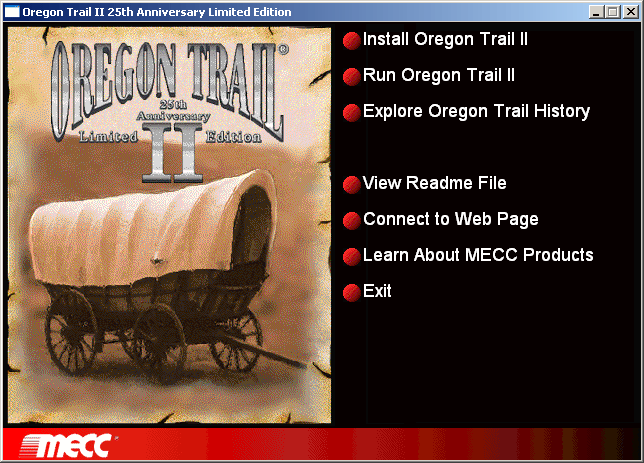
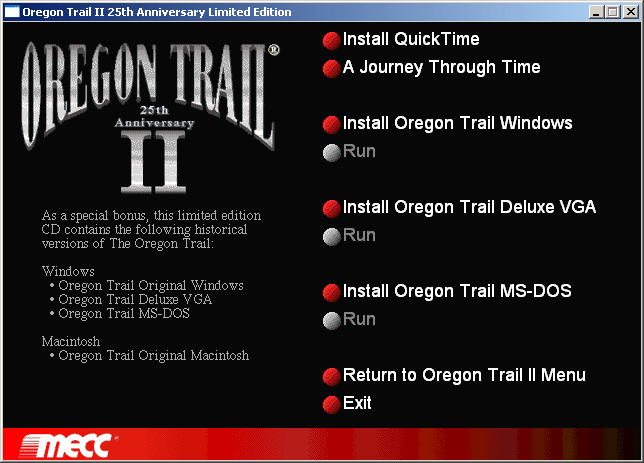
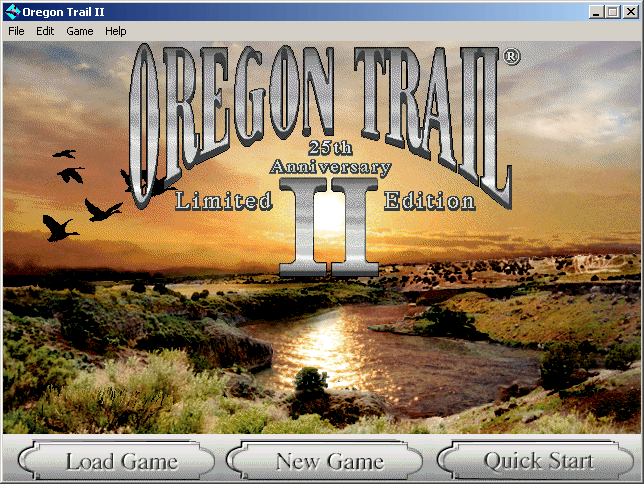
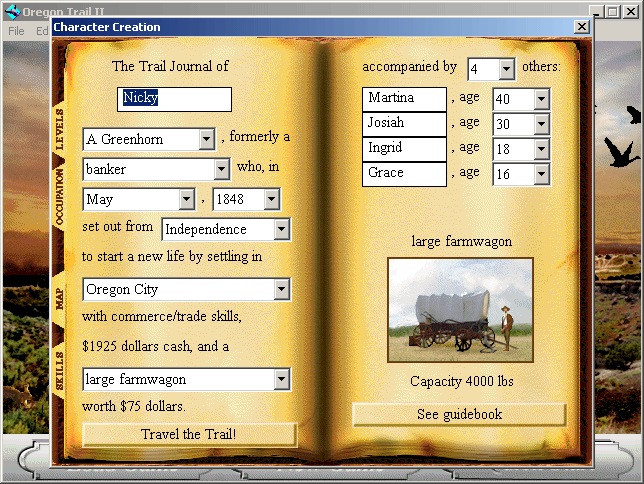
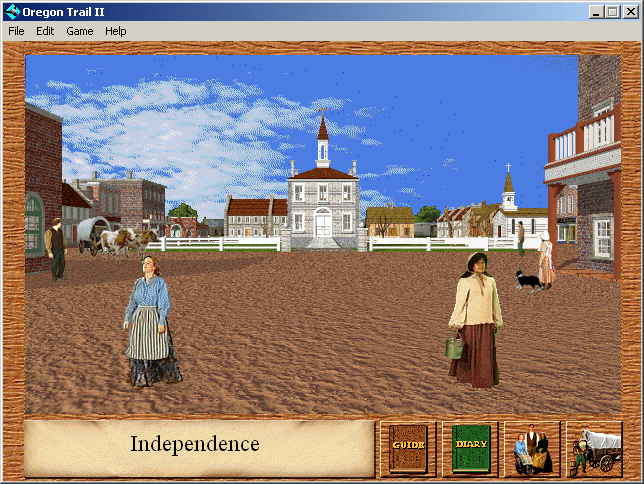
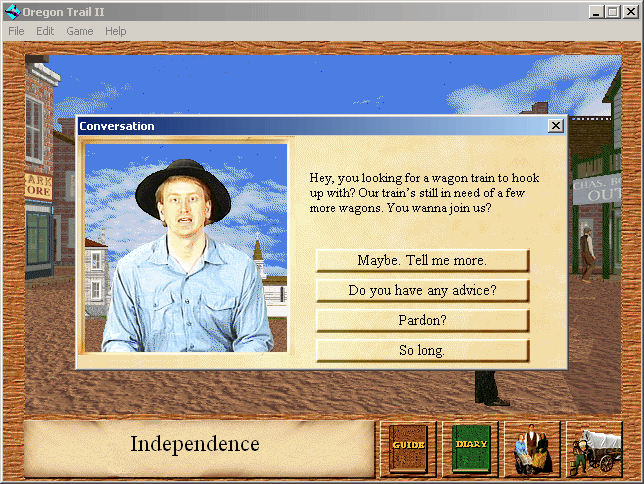
Oregon Trail II is an educational video game released by MECC in 1995. It was published by SoftKey Multimedia. It is a revised version of the original The Oregon Trail video game. It was redesigned with the help of American Studies PhD Wayne Studer. In contrast to the original version of the game, Oregon Trail II made an effort to include greater roles for women and racial minorities.
When players start a new game, they can choose their name, occupation, level, date of travel, their starting point and destination, and type of wagon. Also, they may select how many others are with them in their wagon, along with their names and ages. After selecting an occupation, the player can select various skills. The player chooses skills with a 120-point limit. Automatic skills are free. The more important the skill is, the more it costs. Each skill can make good events more likely to happen, and bad events less likely to happen. While some occupations have more money than others, the low income occupations get a greater final bonus, which proves crucial in getting a high score in the end of the game. However, if the player settles at a destination other than the one they had selected at the start of the game, they will not receive a bonus, regardless of their chosen occupation.
Limited Edition includes:
The Oregon Trail, version 2.1 for MS-DOS, ported to Windows
The Oregon Trail for Macintosh, version 1.2
Oregon Trail Deluxe VGA, version 3.01 for MS-DOS, ported to Windows
Oregon Trail for Windows, from 1993
Oregon Trail II for both Macintosh and Windows
Additionally, a 12-minute video history covers the evolution of this seminal game back to its mainframe origins in the 1970's, including screen sequences, interviews with developers, and even a reminisce with the Minnesota teacher credited with its conception.